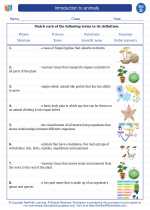Introduction to animals -> heterotrophic
Heterotrophic: Understanding Organisms that Depend on Others for Nutrition
Heterotrophic organisms are those that cannot produce their own food and instead rely on other organisms for nutrition. These organisms obtain organic compounds and energy by consuming other living or once-living organisms. This mode of nutrition is common among animals, fungi, and many bacteria.
Types of Heterotrophic Organisms
Heterotrophic organisms can be classified into different types based on how they obtain their food:
- Herbivores: These organisms feed on plant material as their primary source of nutrition.
- Carnivores: These organisms primarily consume other animals for nutrition.
- Omnivores: Omnivorous organisms have a diet that includes both plant and animal material.
- Detritivores: Detritivores feed on decomposing organic matter, such as dead plants and animals.
- Parasites: Parasitic organisms live on or inside other living organisms, known as hosts, and derive their nutrition from them.
Role of Heterotrophic Organisms in Ecosystems
Heterotrophic organisms play a crucial role in the flow of energy and nutrients within ecosystems. They are involved in processes such as decomposition, predation, and symbiotic relationships, which contribute to the overall balance and function of ecosystems.
Study Guide
To further understand the concept of heterotrophic organisms, consider the following study guide:
- Define the term "heterotrophic" and provide examples of heterotrophic organisms.
- Explain the different types of heterotrophic organisms and their feeding habits.
- Discuss the significance of heterotrophic organisms in the context of ecosystem dynamics.
- Compare and contrast the roles of herbivores, carnivores, omnivores, detritivores, and parasites in the environment.
- Research and present a case study on a specific heterotrophic organism and its ecological impact.
By delving into the diverse roles and behaviors of heterotrophic organisms, you can gain a comprehensive understanding of their significance in the natural world.
.◂Science Worksheets and Study Guides Fourth Grade. Introduction to animals
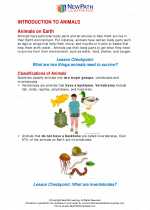
 Worksheet/Answer key
Worksheet/Answer key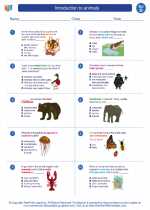
 Worksheet/Answer key
Worksheet/Answer key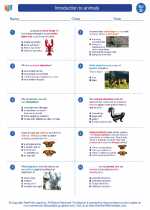
 Worksheet/Answer key
Worksheet/Answer key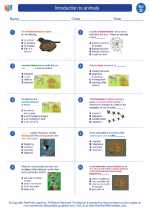
 Vocabulary/Answer key
Vocabulary/Answer key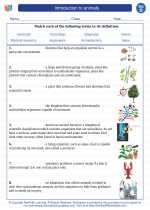
 Vocabulary/Answer key
Vocabulary/Answer key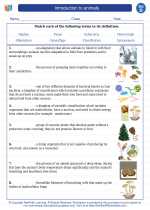
 Vocabulary/Answer key
Vocabulary/Answer key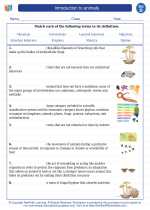
 Vocabulary/Answer key
Vocabulary/Answer key